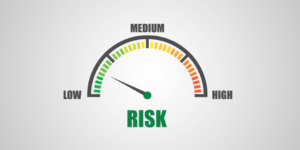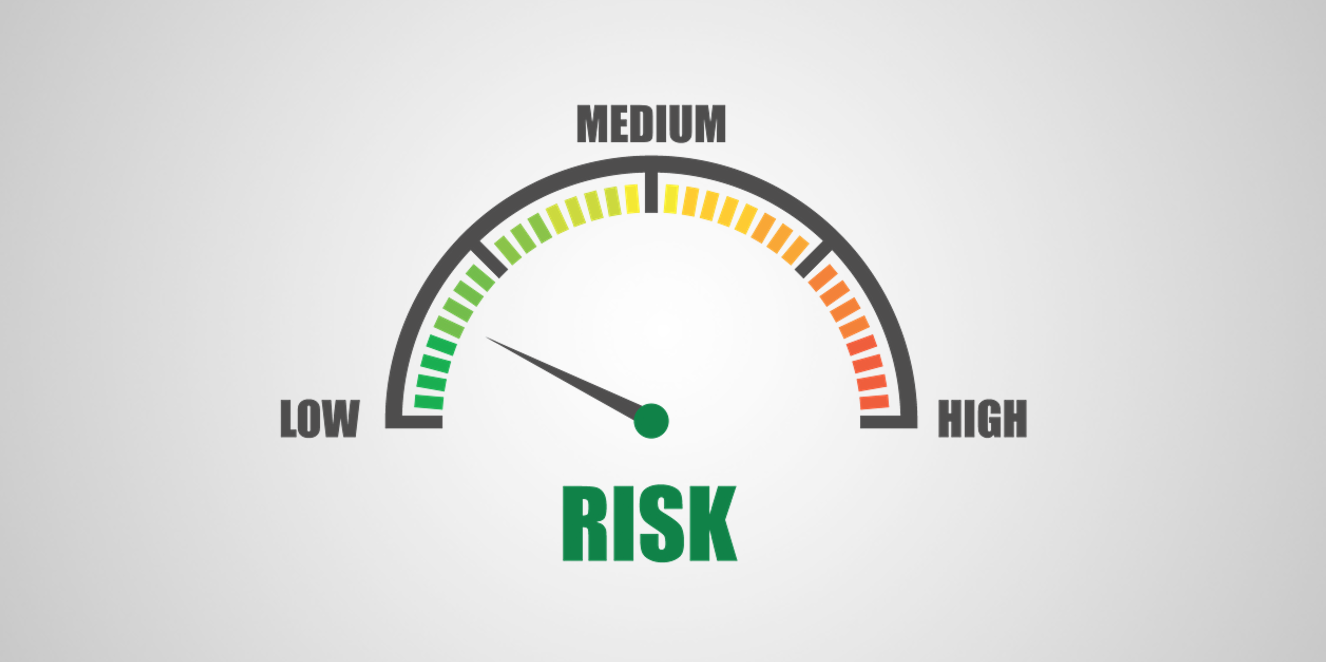Taking out a business loan is not for the faint of heart but sometimes it’s a necessary step to enable growth or simply keep your company afloat. There are many considerations to make before jumping into this type of commitment, and they’re not just about the loan itself. Here are the key questions to consider before you decide whether or not to take out a business loan.
What Other Options Are Available?
Funding doesn’t necessarily have to come in the form of a business loan. Is there an alternative source of financing available that may be less expensive in the long run?
If you’re primarily looking to solve cash flow issues, then a business credit card may be a better solution. If you are able to repay your balance in full before the interest free period ends then it won’t cost you a penny and it can even help you build a strong business credit history. Many business credit cards involve lucrative rewards, too, which can be used for expenses such as business travel.
It’s a good idea to secure credit whilst the going is good, but there’s no point in taking out a business loan if you don’t actually need it. A line of credit is a pre-set borrowing limit that you can use as needed and then repay in installments. You don’t have to use the full amount at once, either, so this is a low cost and flexible solution for small businesses.
Finally, it may be worth considering seeking funding from angel investors. Angel investors tend to provide favourable terms and are more focused on helping startup businesses rather than making a profit. Therefore this is definitely an alternative worth considering.
What Are The Funds For?
It’s important to know why you need the loan before you take it out. Do you need funds for growth or simply to keep your company afloat? Do you need to purchase new equipment or inventory, hire new employees or recover from covid-19? Knowing this will help determine what type of loan is right for your situation and how much money you should borrow.
What Does My Credit Score and History Look Like?
This is one of the most important questions to consider before jumping into a business loan. It’s also remembering that lenders look at both the business’ credit score as well as your own personal score.
The better your credit score and history, the more money you’ll be able to borrow at cheaper rates because a great score shows lenders that you are responsible with repayment. This will also help determine whether or not certain types of loans are right for you.
What Is My Company’s Cash-to-Debt Ratio?
This metric will help determine how much money your business can afford to borrow, if any at all. Calculate this by dividing the amount of cash in your bank accounts by the total debt owed on credit cards and other obligations. A high ratio indicates you are able to pay back what you owe and are well-positioned to take on more debt, whilst a low ratio is a warning sign.
What Are The Potential Risks?
This is where you’ll want to be especially careful. After all, while a business loan can help your company grow and meet its goals, there are also some serious risks associated with it that could put your entire operation in jeopardy. These include defaulting on payments or carrying too much debt, resulting in bankruptcy. It’s important to consider the worst-case scenario and know what you would do if it came true so that you can plan for contingencies accordingly.
What Are My Repayment Options?
There may be different ways you choose to repay your loan, such as interest only or fixed payments. Interest-only loans are good for small businesses that are still getting established but want the flexibility to pay back their loan in full later. On the other hand, if your goal is to grow quickly and generate more revenue, fixed payments may be best because you can focus on making sure enough cash goes into repayment rather than having it all go toward interest fees.
Summary
As you can see, there are many factors to consider before deciding whether or not to take out a business loan. If your goal is growth and expansion, then it may be the right decision for you but if keeping afloat with an existing company is more important, then this might not be the best choice at the moment. Understanding what type of loan will suit your needs as well as assessing potential risks associated with borrowing money should help determine which route to take.














